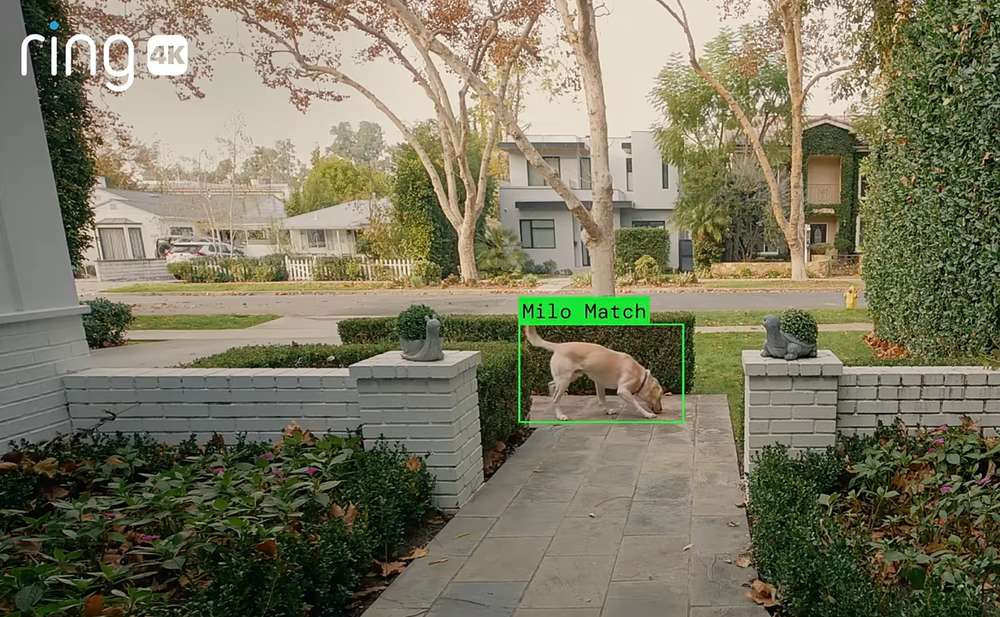There has been a noticeable shift in the narrative over what is going on in Washington, DC. I say Technocracy. Others used to say Communism, socialism, or fascism. Now it’s being called Communitarianism.
The uptake on this word to mask Technocracy is stunning. It’s unprecedented. It might be that you are getting a taste of “The Science of Social Engineering”, Technocracy’s favorite definition of them themselves from the 1930s.
When Technocrats want to shield their technocratic polices, they intentionally do so in the language of Communitarianism.
Example #1: Smart Cities
Technocratic Policy: Urban planners, relying on data analytics and technical expertise, design “Smart City” infrastructure—deploying sensors, AI, and algorithms to manage traffic, resources, and public services. Core decisions, like placement of surveillance, adoption of digital IDs, or algorithmic resource allocation, are made by unelected and unaccountable technical experts and private sector consultants with little direct citizen input.
Communitarian Framing: Policymakers frequently describe these initiatives as advancing “inclusive urban communities,” “empowering local groups,” and “building public trust through collective digital transformation.” The emphasis is on “community-driven sustainability,” “shared public spaces,” and “strengthening community ties”—even as the actual governance, surveillance, and decision-making remain centralized in expert hands.
Example #2: Public Health Policy
Technocratic Policy: National public health agencies, guided by epidemiologists and technocratic advisory boards, roll out mandatory vaccination campaigns and digital health credentials. The implementation relies on technical modeling, centralized data management, and scientific expertise, often minimizing open deliberation or individualized consent.
Communitarian Framing: The rollout is explained using phrases such as “protecting our communities,” “collective responsibility for health,” and “building resilient neighborhoods together.” Authorities stress “we’re all in this together,” “community solidarity,” and “shared sacrifice for collective safety”—presenting programs as communal responses to crisis when the driving mechanism is expert rule and data-driven mandates.
In both examples, the language of communitarianism (“collective good,” “community empowerment,” “shared values”) is leveraged as public messaging, even as the substance of the policies is totally technocratic, with centralized, expert-directed authority.
So What Is Communitarianism?
If you ever read Walden Two by B.F. Skinner, you know everything about communitarianism that you need to know. (The story ended horribly.)
Communitarianism is a political and social philosophy that places primary emphasis on the importance of community, the common good, and social relationships in shaping individual identity, values, and moral judgments. It asserts that people’s identities are molded by their social environment and community ties rather than by strict individualism. Forget about individuality, your personhood, even your soul. Communitarianism sees community as an end in itself.
Right-Think Takes Care of Free Speech
Technocratic elites or their supporters deliberately frame current governance realities as “communitarian” in order to deflect criticism, obscure their own authority, or create ideological cover for technocratic rule.
You should know from my years of critical analysis of Technocracy that Technocrats don’t give a whoop about consensus, the common good or social cohesion. They are throwing up a smokescreen to confuse you, and are using AI to do it with “right think”: that is, DARPA’s idea of Theory of Mind.
Theory of Mind AI refers to systems that can infer human intentions, emotions, and likely responses by analyzing behavior and context. DARPA’s program aims to simulate, predict, and influence decision-making by modeling individual and collective psychologies—originally intended for national security and adversary prediction, but already applied to civilian contexts. (See Omniwar Update: DARPA’s Theory of Mind Warfare)
For instance, during the COVID-19 pandemic, systems based on these principles were used for real-time sentiment analysis and targeted messaging to adjust public attitudes, encourage compliance, and foster community-oriented behaviors. This created feedback loops, guiding both policy and public reaction by tweaking narratives and interventions for maximum “collective good”—core communitarian ideals.
By the way, Palantir (Peter Thiel, co-founder) is a master of these tactics on the battlefield and in civilian life.
Here is evidence of Theory of Mind at work
Mainstream media and academia don’t care about Technocracy or Communitarianism, and never conflate the two. Most alternative media will not touch Technocracy with a stick, so it never conflated there either.
But on anti-globalist and anti-technocratic sites (such as Technocracy News & Trends) and social media channels, “Communitarianism” is used pejoratively as a label for policies that are clearly technocratic.
Why is that? Simple answer: We are specifically targeted for disruption. You say Technocracy in a negative way, and you are likely to be hit with Communitarianism.
Conclusion
Technocracy is NOT Communitarianism.
If you have this word embedded in your vocabulary to explain what is going on in Washington, DC, your mind has been hacked. Ditch the word “Communitarianism.”
Call it by its real name – TECHNOCRACY.
Popular posts
- Shock: European Union Reports 1.5 Million Vaccine Injuries, 15,472 Deaths
- RT-PCR Test Loses FDA Emergency Use Authorization On January 1, 2022
- WEF: Private Property And Privacy Will Vanish By 2030
- Psychology Today: Sex Robots And The End Of Civilization
- Masks Are Neither Effective Nor Safe: A Summary Of The Science







